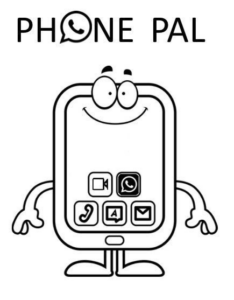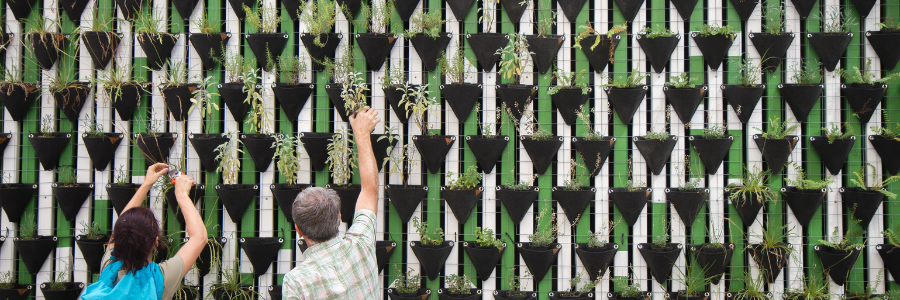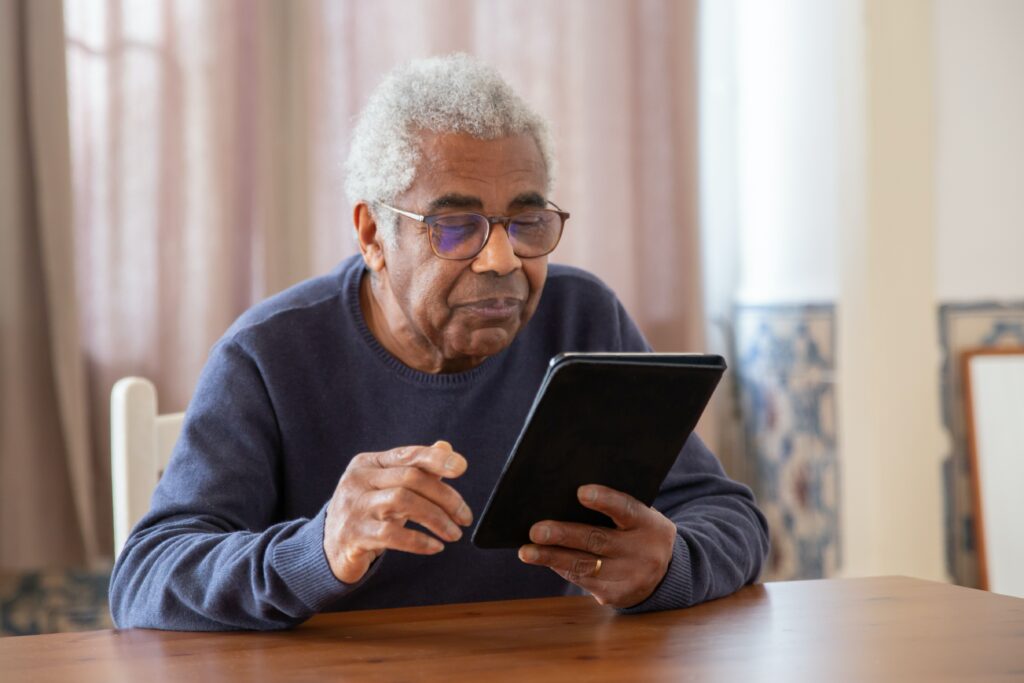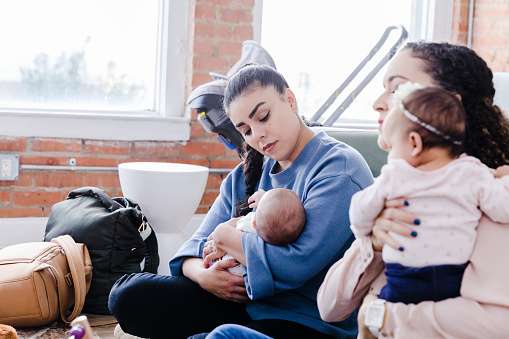Using digital technology to overcome social isolation in people with psychosis

For World Mental Health Day, Hub member Dr Mariana Pinto da Costa speaks about her research supporting people with psychosis through remote volunteering.
Introducing the Phone Pal study
Volunteering can be used to address social isolation in patients with psychosis. Traditionally this involves face-to-face encounters between a volunteer and a patient, but modern digital technology makes it possible to have these interactions remotely.
The study that I have been conducting – the Phone Pal study – aimed to find out the acceptability and the feasibility of volunteering over a smart-phone for people with psychosis, and to explore its potential impact on participants.
The intervention development counted on the wide involvement of the public and was grounded on the findings from focus groups and a survey, gathering views of different stakeholders (mental health professionals, volunteers and patients) in several European countries (Belgium, Portugal and United Kingdom) about different formats of volunteering. Twenty-four focus groups were conducted with 91 mental health professionals, 32 volunteers, and 151 patients with psychosis, interviewed in French, Portuguese or English.
The input from the patients and volunteers, in an iterative process, led to the development of a new intervention. This digital remote intervention – the Phone Pal – has multiple components (a smart-phone and a volunteer), and has been designed to remotely connect people with severe mental illness who are socially isolated, with a community volunteer.
I hope that this initiative of interacting with key stakeholders inspires others, raising awareness of the importance of cooperating with the right stakeholders in the community to produce new interventions that target them. Sadly, the involvement of mental health service users concerning initiatives that entail technology is not so usual. User involvement would help us to design interventions tailored to their needs, making them more likely to use them and benefit from them.
The Phone Pal intervention has been tested in a trial with participants from across the country. The high number of expressions of interest received, the recruitment timings and the usability of the intervention have shown that it is feasible, safe, and acceptable to remotely connect patients and volunteers, who have used the smart-phone in several ways (texts, WhatsApp messages, e-mails, make audio or video phone-calls). Participants were able to develop a friendly relationship, which was experienced positively both by patients and volunteers.
This initiative is a good example of using scientific research to collaborate with those that give their free time and energy to help others – the volunteers – and those who we are primarily focusing to help – the patients.
About the author and research
Dr Mariana Pinto da Costa is a Senior Lecturer at the Institute of Psychiatry, Psychology and Neuroscience, King’s College London and a Consultant Psychiatrist at South London and Maudsley NHS Foundation Trust. She is enthusiastic about making the most of technology to connect people across the world. The Phone Pal study has received support from the National Institute for Health Research (NIHR) Collaboration for Leadership in Applied Health Research and Care (CLAHRC) North Thames at Bart’s Health NHS Trust






Responses